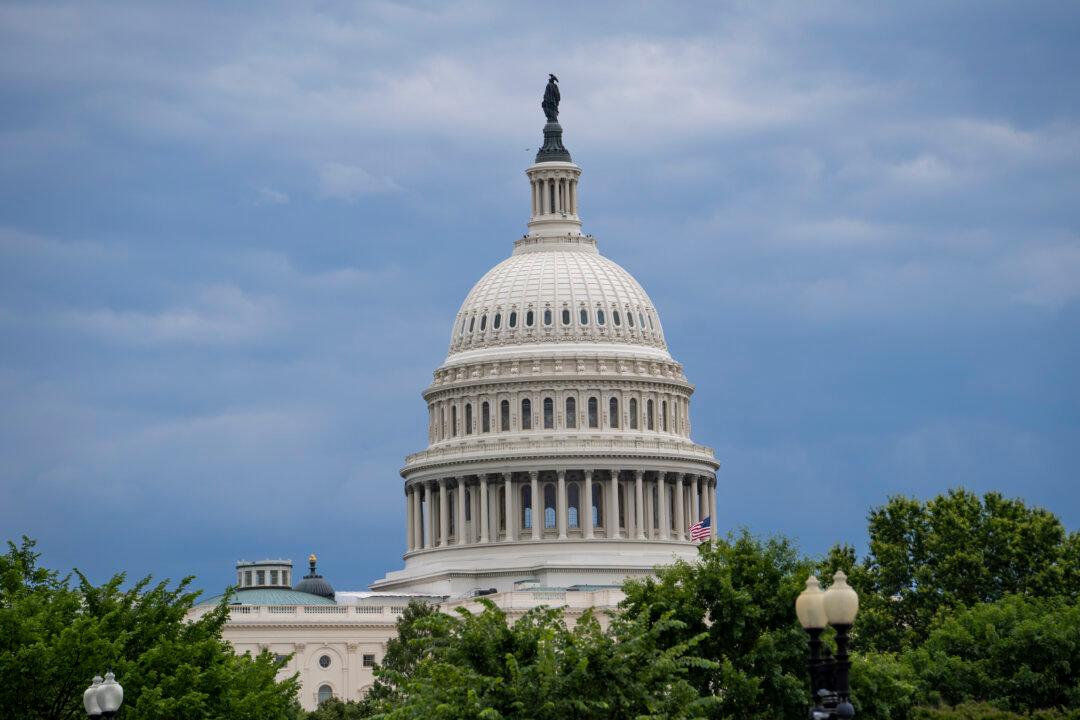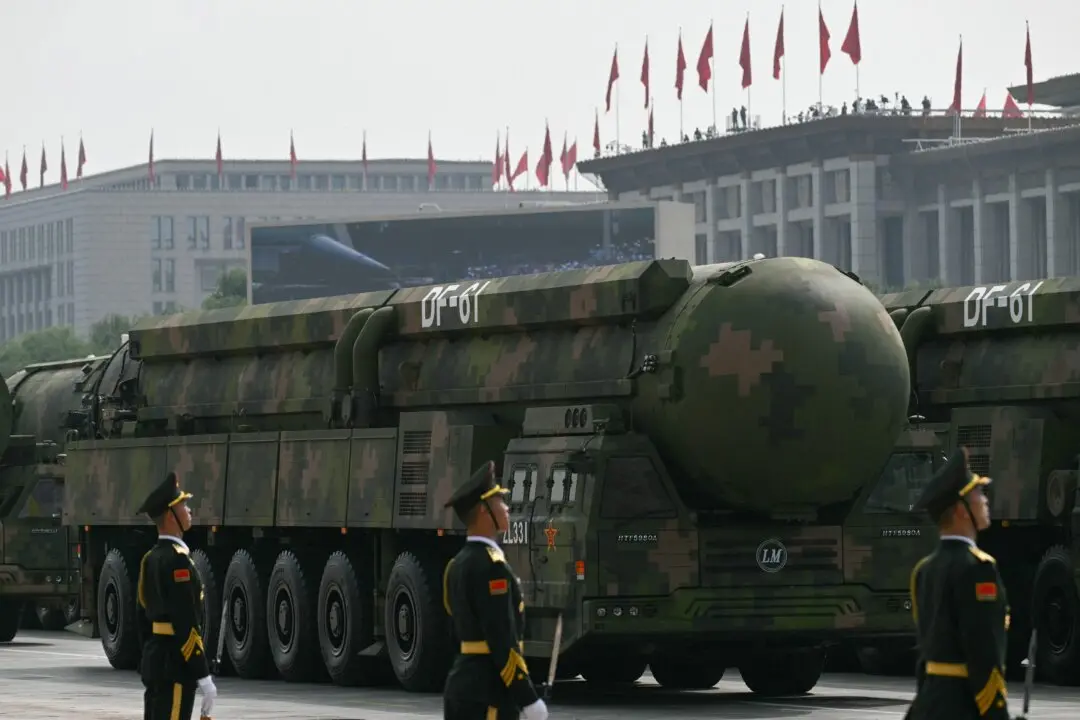The House Rules Committee ruled on June 11 in favor of advancing a House version of the 2025 National Defense Authorization Act (NDAA) for consideration before the full House of Representatives.
The committee issued its ruling after an hours-long hearing to consider the annual defense budget bill.





